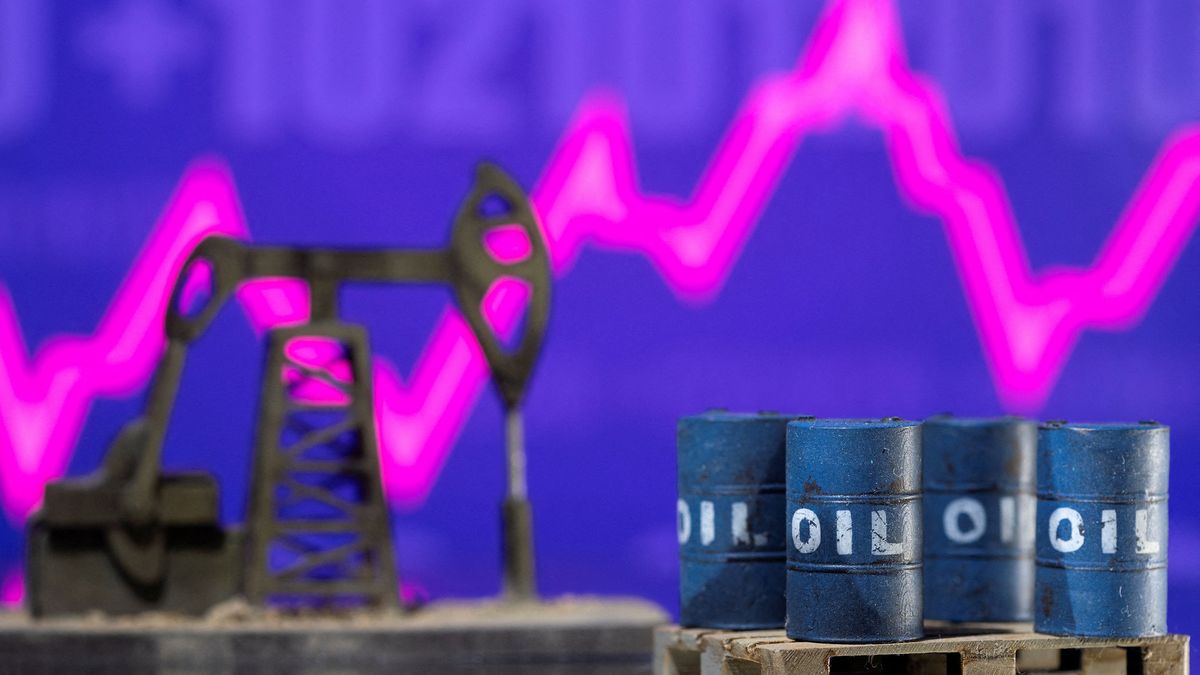The accumulation of inventories offsets the escalation of geopolitical tensions in Europe and the Middle East, so futures continue without major movements.
The price of Brent oil It remained stable on Thursday, just below its seven-week highs, as the market awaited data on US inventories that recently showed a surprise in their levels.
The content you want to access is exclusive to subscribers.
In this way, the futures of Brent crude oil For August it rose 18 cents, or 0.21%, to $85.25 a barrel. Meanwhile, the futures of West Texas Intermediate (WTI) U.S. Dollars for July, which expire on Thursday, gained 3 cents, or 0.04%, to $81.60.


There was no WTI settlement on Wednesday due to a holiday in USA, which kept operations moderate. The contract for August, the most active, added 1 cent to reach $80.72.
Moment of stability in the markets
As explained Ricardo Evangelista, analyst ActivTrades, According to Reuters, oil prices are likely to remain around current levels due to the rising oil premium. geopolitical risk arising from conflicts in middle East.
Brent crude futures had risen in early trading on Thursday, as the market digested news of Israeli tank advances in Loop, raising concerns about the region’s oil supply.
However, the expectations of a inventory accumulation appear to be overshadowing fears of escalating geopolitical tension for now, he said. Priyanka Sachdeva, senior market analyst Phillip Nova.
Investors are awaiting the release of US inventory data from the Energy Information Administration (EIA) late on Thursday, a day later than usual due to the June 19 holiday, which was celebrated on Wednesday.
An industry report released Tuesday showed that crude oil stocks in the United States increased by 2.264 million barrels in the week ended June 14, while inventories of gasoline fell, market sources said, citing figures from the American Petroleum Institute (API).
Meanwhile, the rise in fuel prices on Wednesday is boosting refinery margins. The futures premium ICE diesel Brent crude oil jumped to $20.63 a barrel on Wednesday, a two-month high.
On the demand side, the Bank of England (BoE) and the Norwegian central bank kept rates stable and the Swiss National Bank he cut them out. This is important as higher interest rates increase the cost of borrowing, which can slow economic activity and curb the oil demand.
Source: Ambito




